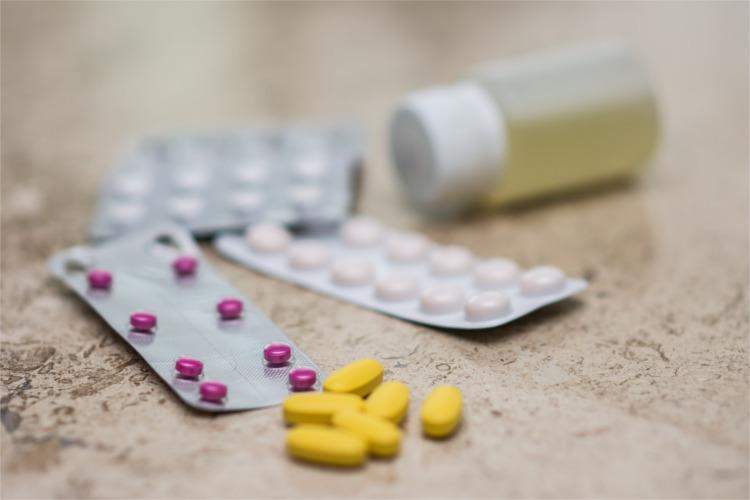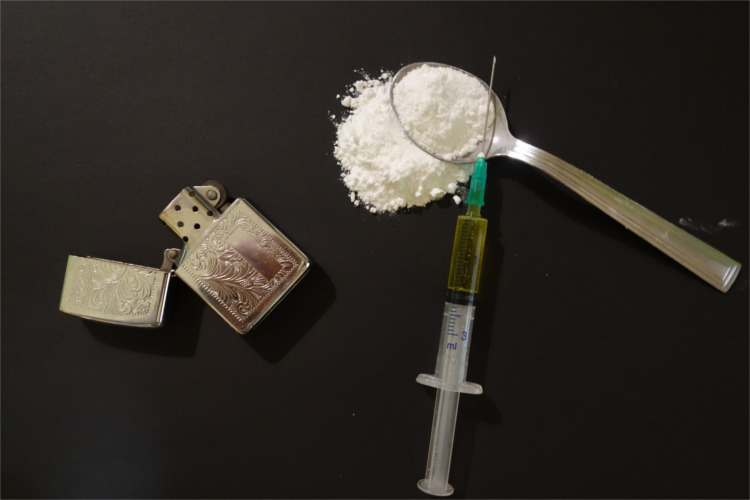We Need to Stop Demonising People Struggling with Addiction
Even if you don’t know it, there’s a good chance you know somebody who’s struggling with a dependency on drugs. Or maybe you knew somebody who had a drug problem, but through intense self-reflection and some help from their family and friends, they found a light at the end of the tunnel.
It can be difficult to imagine the life of person addicted to drugs, and harder still to sympathise with them, if we’ve never been close to addiction.
If we wanted proof that America’s war on drugs has been an abject failure, we could ask ourselves whether our society thinks any differently about drug users today than we used to. It’s probably true that more people today understand that drug addiction is a disease than just a few short years ago. But has our society, or our politics, or our civility, advanced in any meaningful way? Don’t we still lock up huge numbers of people for minor drug offenses?
The truth is, the war on drugs began as an excuse to demonise people of a certain type. And it wasn’t the addicted population. People today think they’re practicing “tough love” by looking down their nose at drug users. But all they’re doing is parroting talking points from some of the most embarrassing chapters in American history.
Shaming and demonising people with substance use disorders doesn’t encourage them to find help. And just as importantly, it’s helped ensure some of America’s oldest wounds have been very slow in closing.

The War on Drugs as Economic Imperialism
We think of the “war on drugs” as an American phenomenon because that’s what it is. Like many other wars, this one was dreamed up in air-conditioned think-tanks in the U.S. and then efficiently exported. And like our other wars, the truth, if more widely known, would become yet another source of national shame.
America welcomed immigrants, and especially Chinese immigrants, through about the mid-1800s. They found work building our railroads and other infrastructure. After the completion of the Central Pacific Railroad, however, Americans began regarding these foreigners as more nuisance than they were worth.
To be more specific, white American men began worrying about losing their jobs to immigrants. So, in 1882, Congress wrote a law specifically forbidding Chinese immigrants from entering the country.
It wasn’t enough. After that, the nation was subjected to a campaign of fear-mongering about the Chinese and their “opium dens” in San Francisco and other major cities – including a few choice phrases from straight out of the Jim Crow and apartheid handbooks:
“[these are places where] white women and Chinamen sit side by side under the effects of this drug — a humiliating sight to anyone with anything left of manhood!”
If systemic racism, economic imperialism and the stigmatisation of drug users weren’t all invented at the same time, they came about in such quick succession that it doesn’t really matter.

The War on Drugs as Political Weaponry
Drugs have never been the actual target of our self-righteous public defenders or members of Congress. Drugs have simply been the tool whereby they carry out a campaign of intimidation or incarceration against a population they feel has become a threat to their way of life.
That’s a hard pill to swallow for some. But we have firsthand accounts from one of the most infamous American presidencies to prove it.
John Ehrlichman served as the domestic policy advisor for president Richard Nixon. Ehrlichman is on the record about this very topic, and it paints a devastating picture of the war on drugs and its intentions:
“You want to know what this was really all about? The Nixon campaign … and the Nixon White House … had two enemies: the antiwar left and black people. We knew we couldn’t make it illegal to be either against the war or black, but by getting the public to associate the hippies with marijuana and blacks with heroin, and then criminalizing both heavily, we could disrupt those communities. We could arrest their leaders, raid their homes, break up their meetings, and vilify them night after night on the evening news. Did we know we were lying about the drugs? Of course we did.”
So the war on drugs began as little more than political weaponry. What else might this be true about?

Toward a Compassionate Approach to Addiction Treatment
Now, the war on drugs is a global phenomenon.
America convened the world’s first International Commission on Opium in 1909 and spent the next 100 years pressuring the international community to convene further commissions, panels and task forces in the name of harassing people for (in many cases) using plants as medicine.
In other words: we long ago chose an aggressive, punitive and even militaristic response to a problem that was, at least partially, manufactured by American political interests. And it’s time to put things right.
It begins not just with laws, but with the little things. Like finding out what heroin abusers and others addicted to drugs call themselves. It might not sound like much to you, but knowing that many people in treatment prefer to be called “people with substance use disorder” instead of “addicts” is one way to show respect. We don’t need to treat these people like Fabergé eggs. We do need to treat them with dignity and speak to them like we would any other human being who needs help but may not know how to ask for it.
Because no matter when you meet them or where they came from or which choices led them to this moment, when you meet someone struggling with addiction, they are suffering from a disease. Did personal choices play a role in delivering them to this moment? Sure. But those choices aren’t all that they are. Plus, research shows that heredity might represent up to 60% of a person’s susceptibility to addiction. It’s simple: these are people who need our help.

With our attitudes properly adjusted and with more of the public secure in the understanding that addiction is a disease, no matter how it comes into our lives, we can turn our attention to laws.
Politicians today aren’t looking to score political points by letting prison inmates vote or promising to expunge marijuana convictions. They’re doing it because these people need an invitation back into society and because they know our “war” against drugs began on false pretenses. That it still exists at all is a gift to cartels and the alcohol lobby. Prison time doesn’t cure recidivism, but years and years of research says compassionate drug intervention and addiction policies definitely can.
It’s time to legalise drugs with medical value and implement compassionate rather than punitive measures for getting those addicted to drugs off the streets, healthy, and on a good life path.
